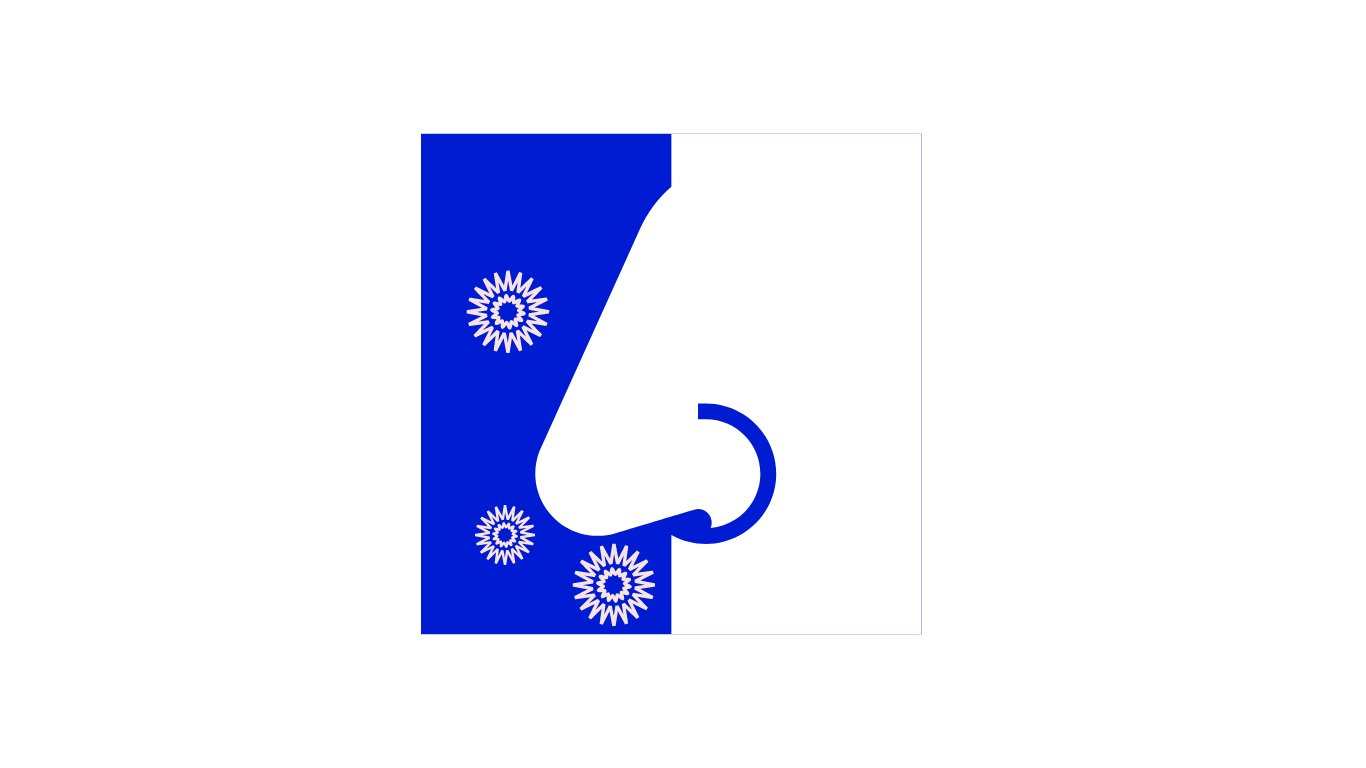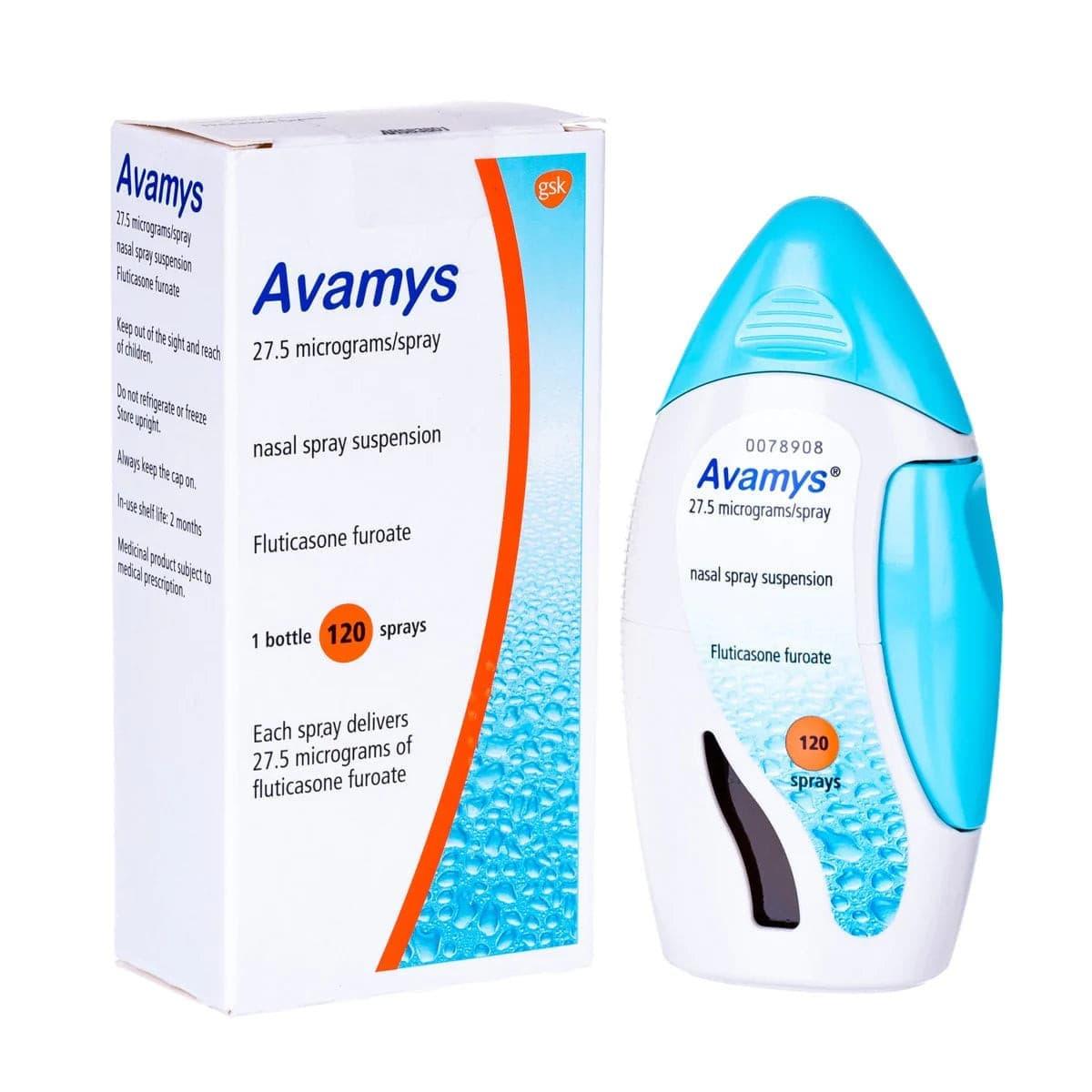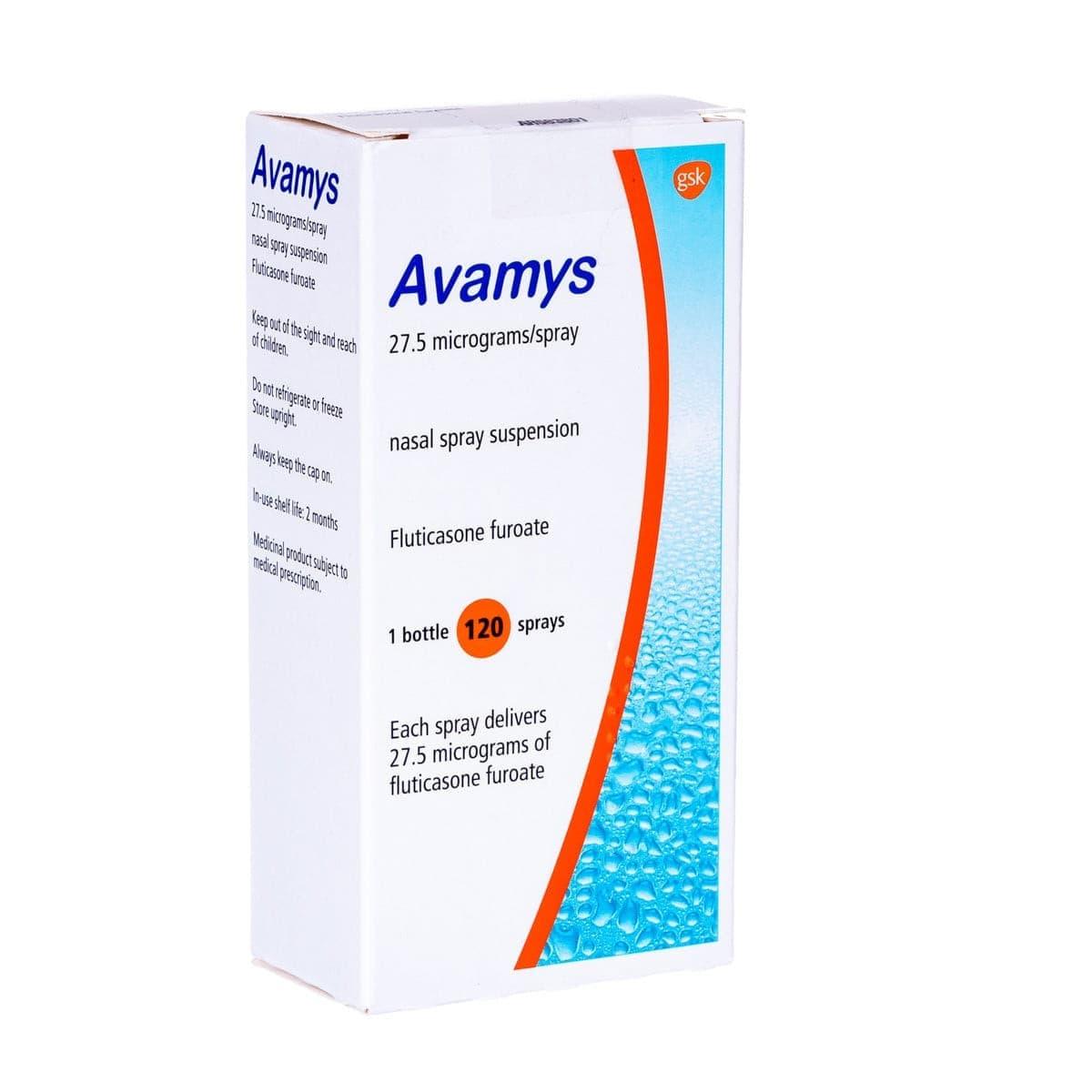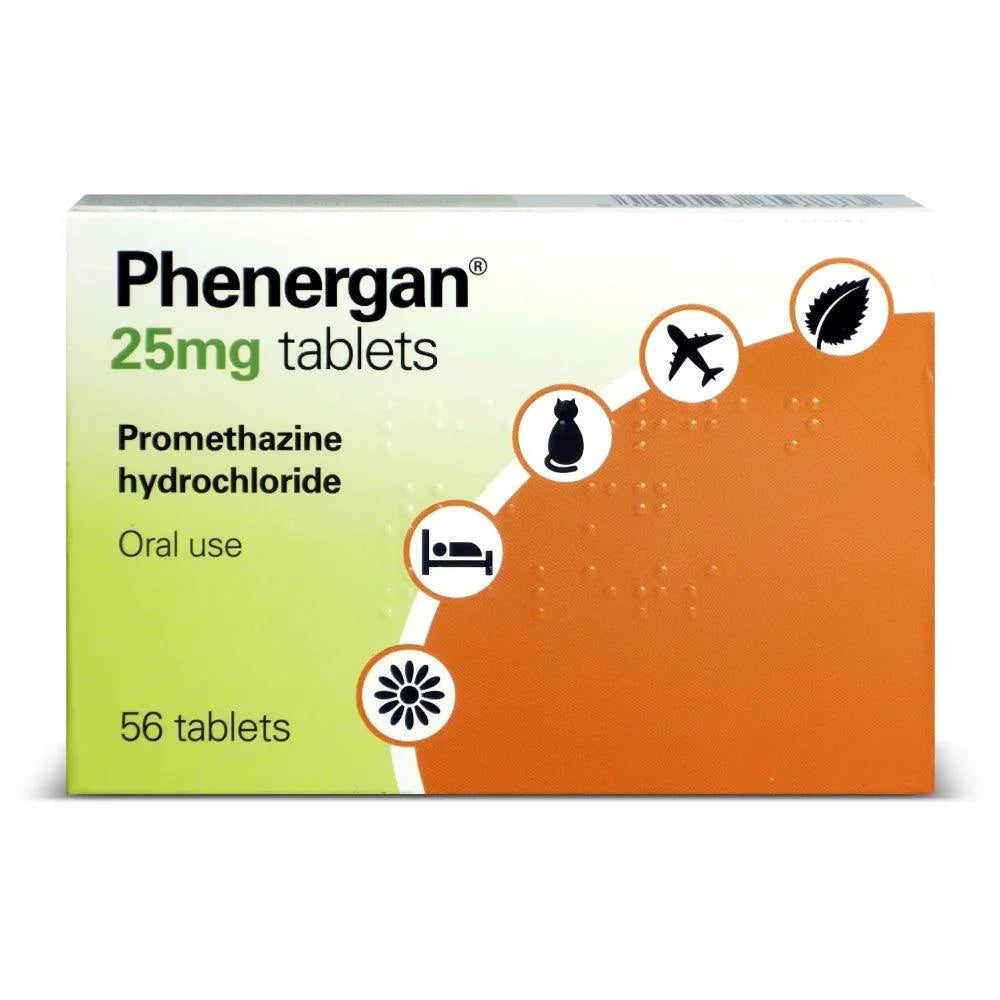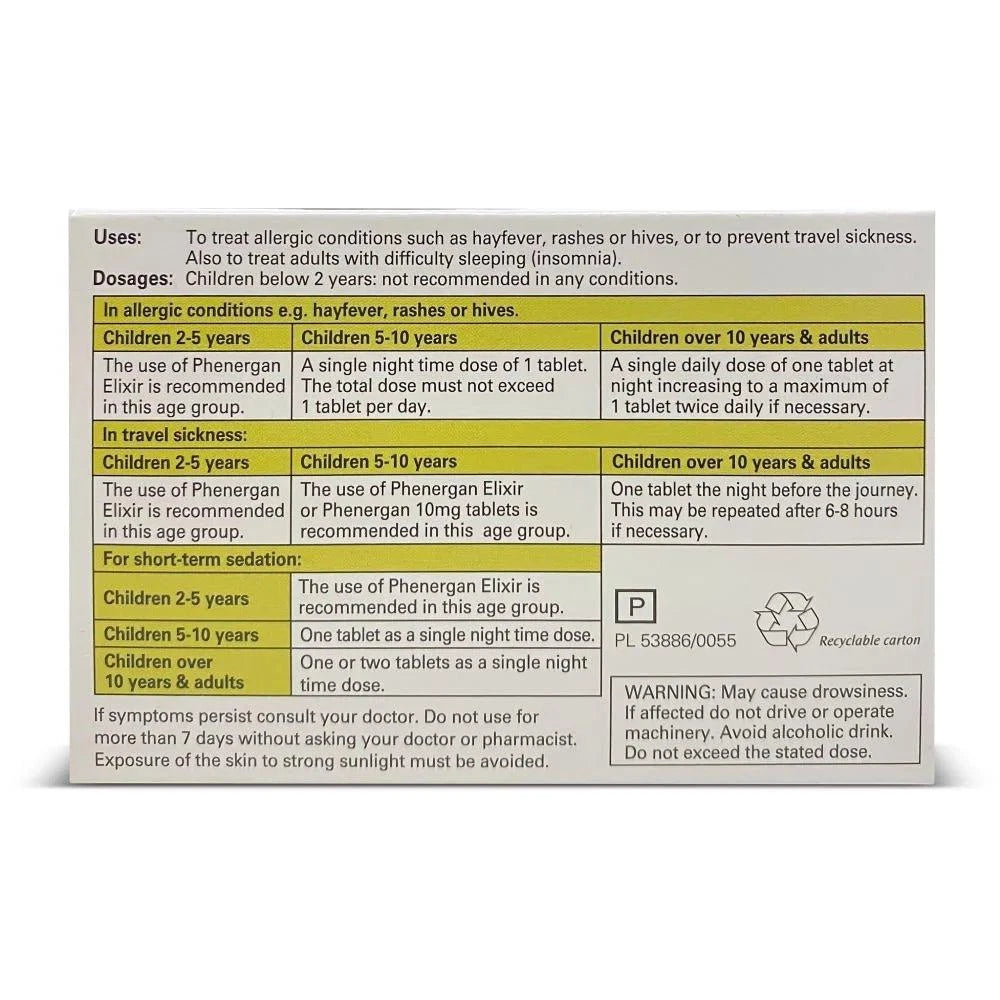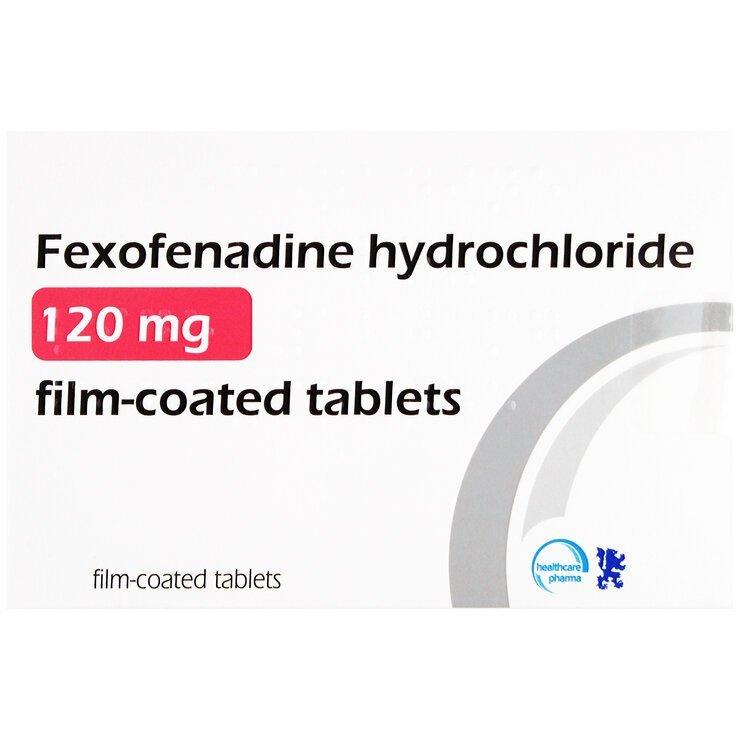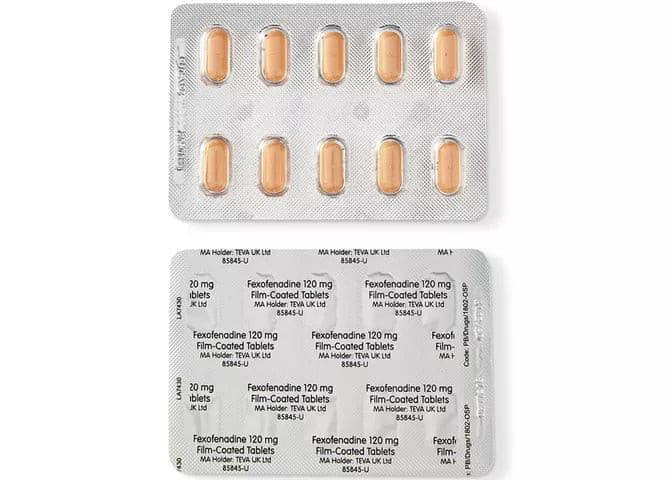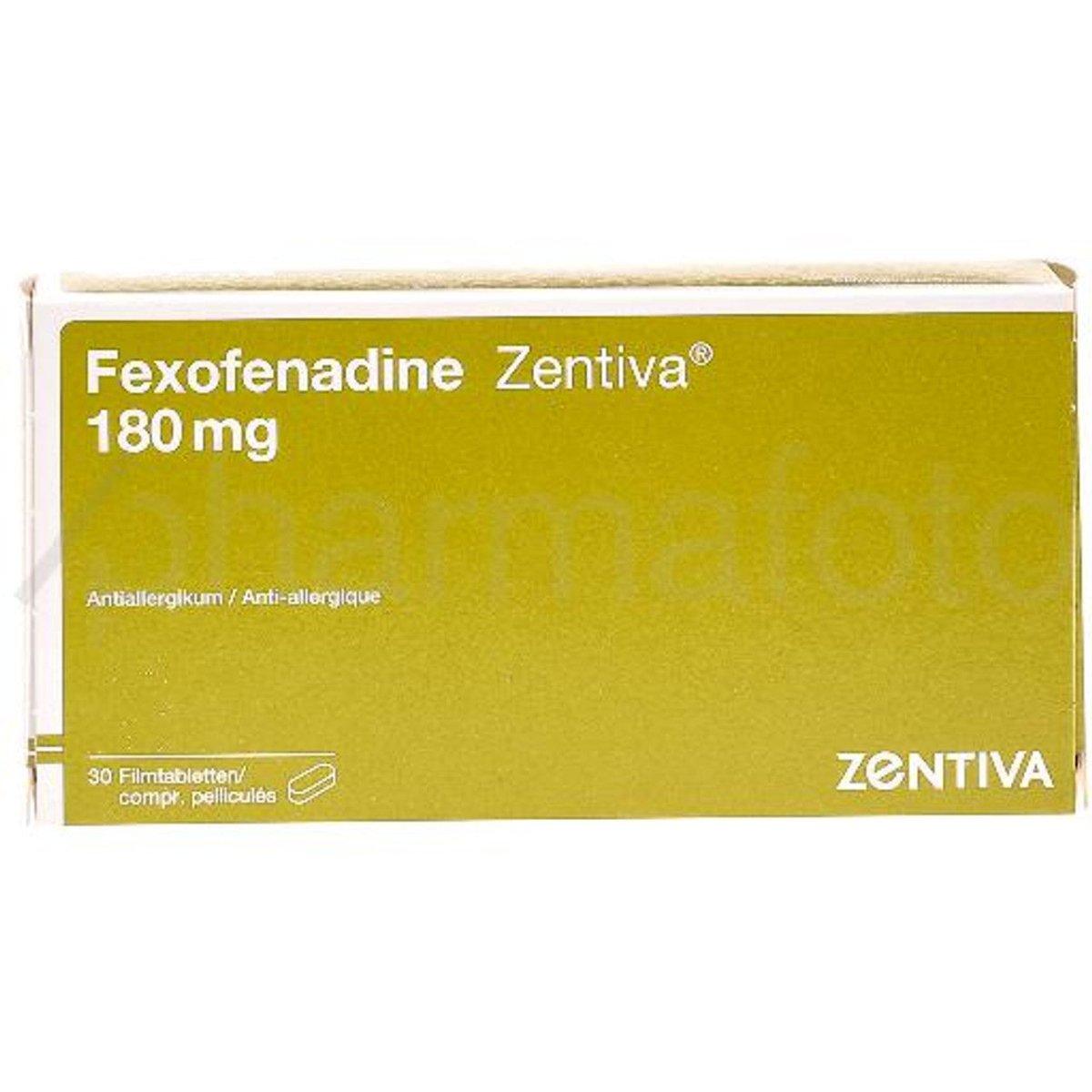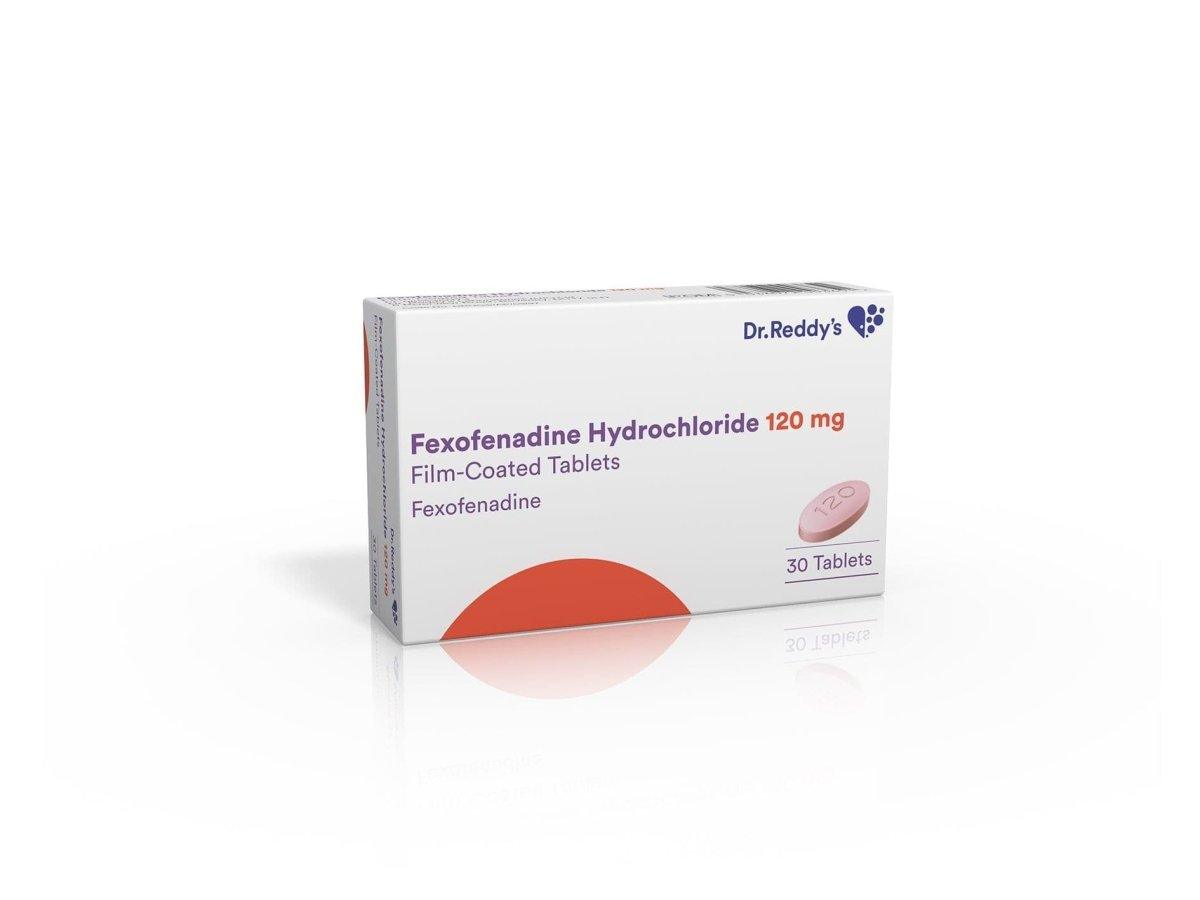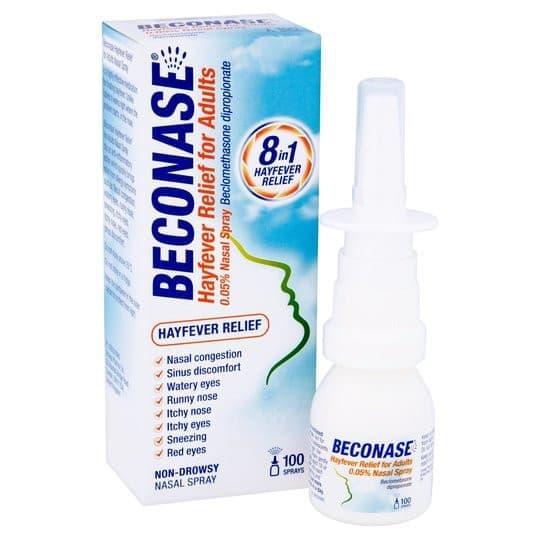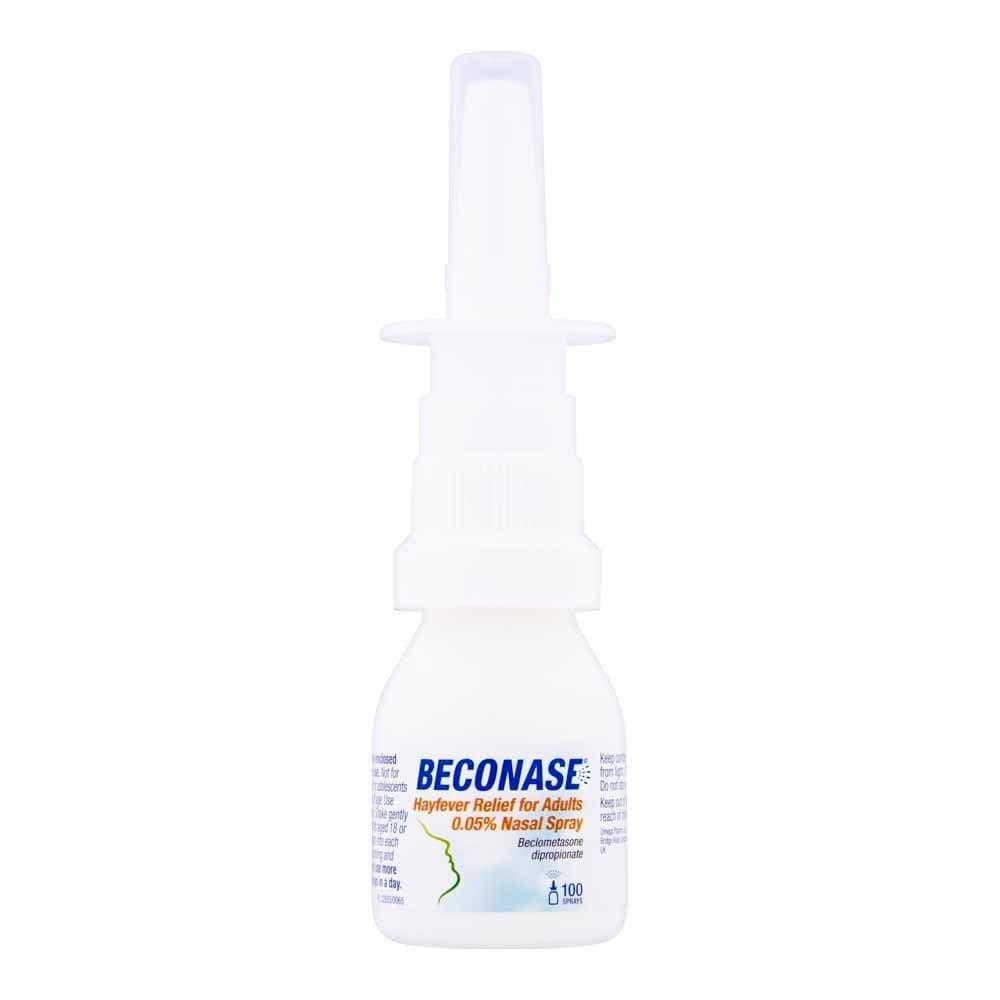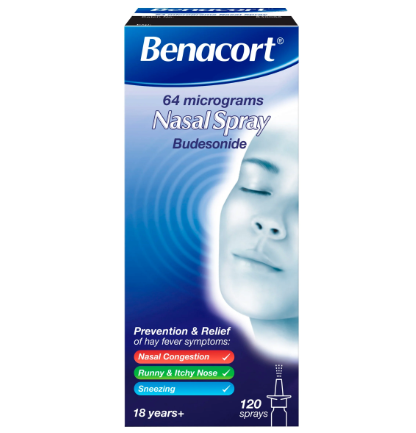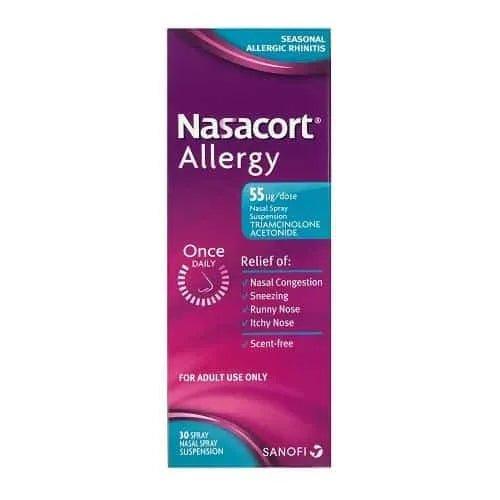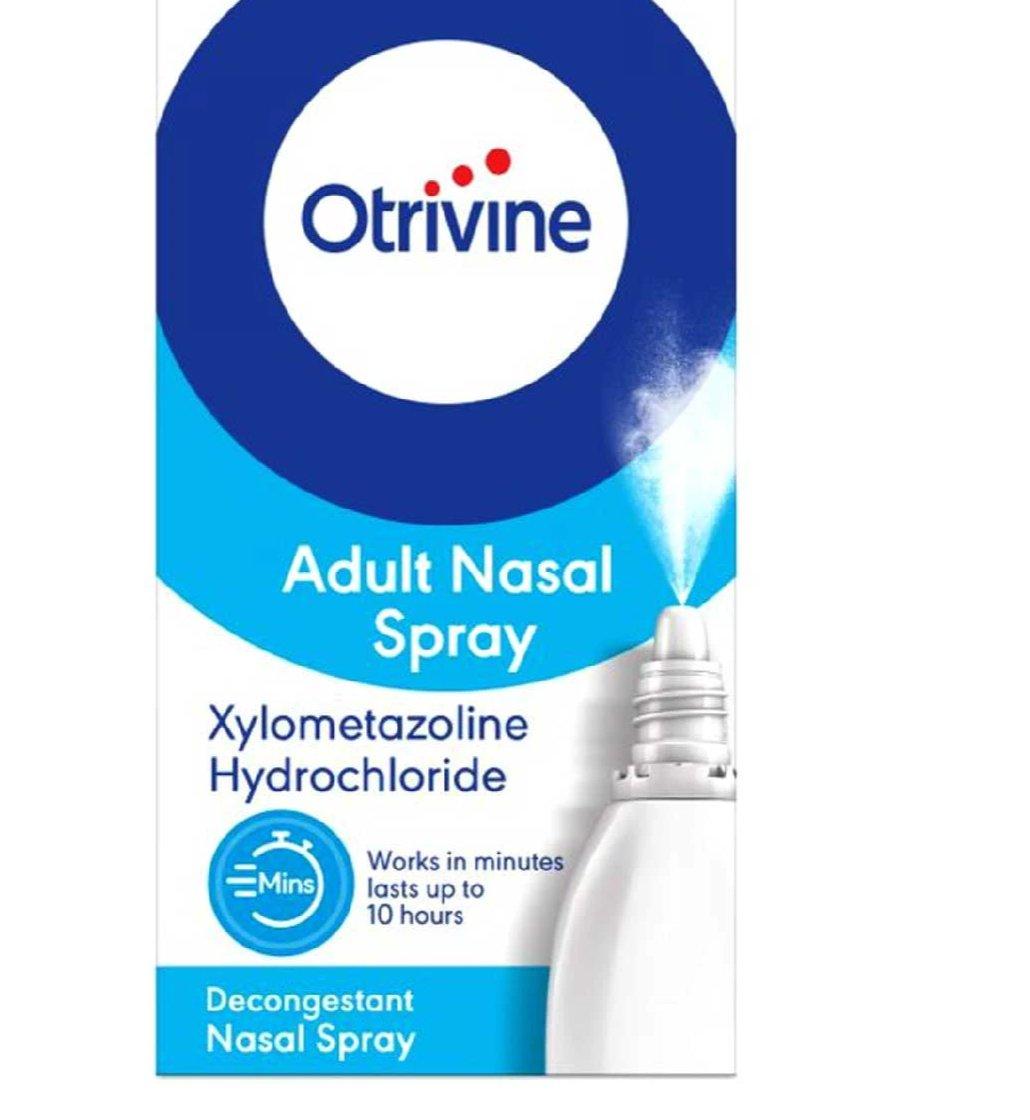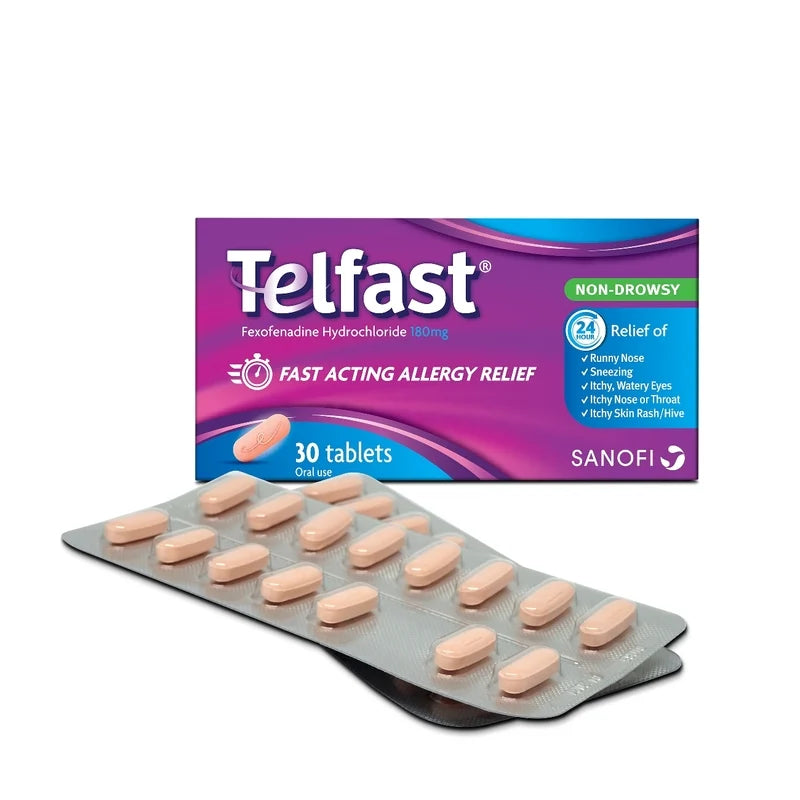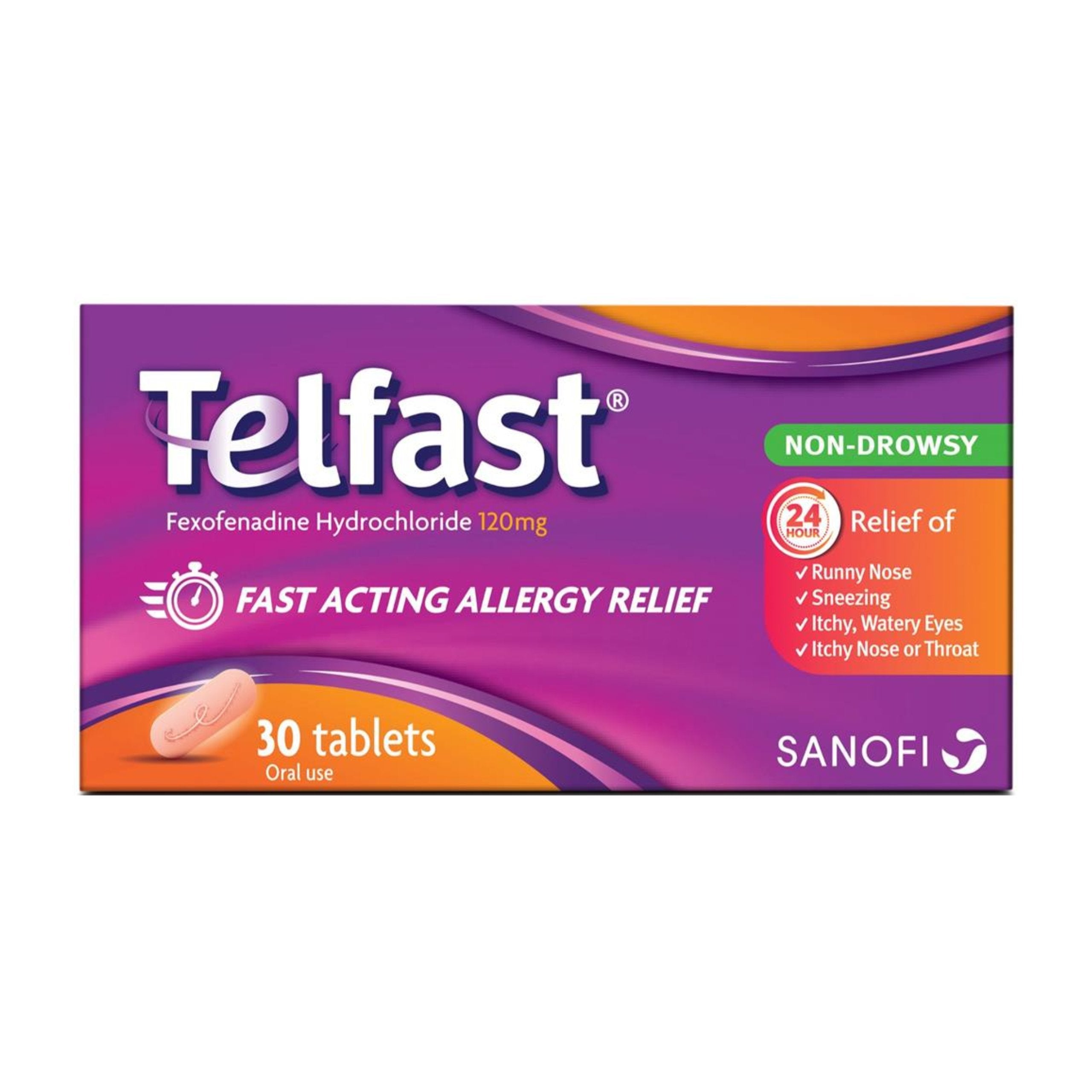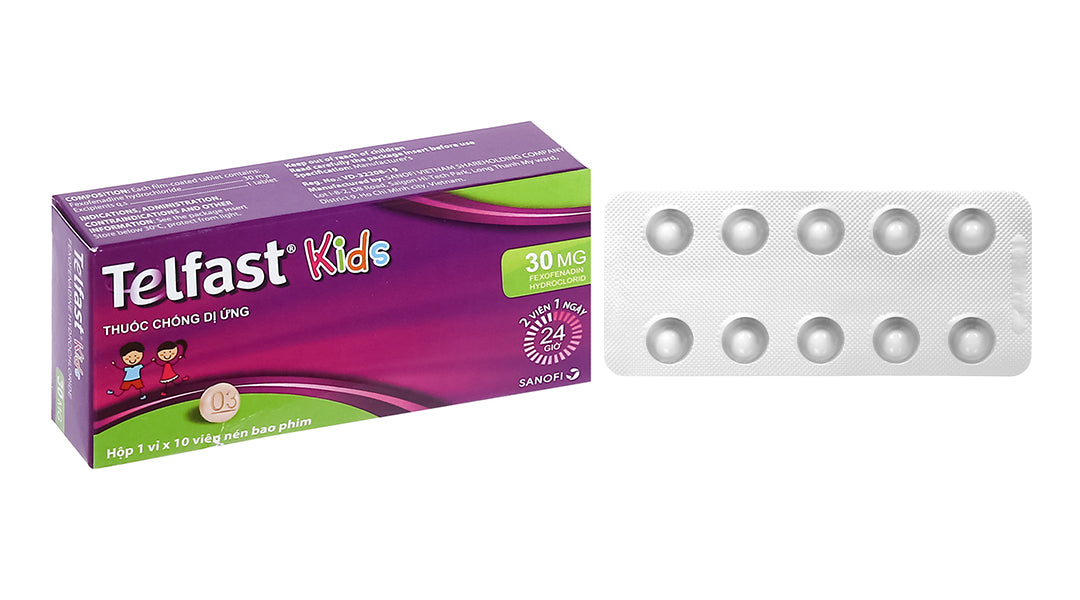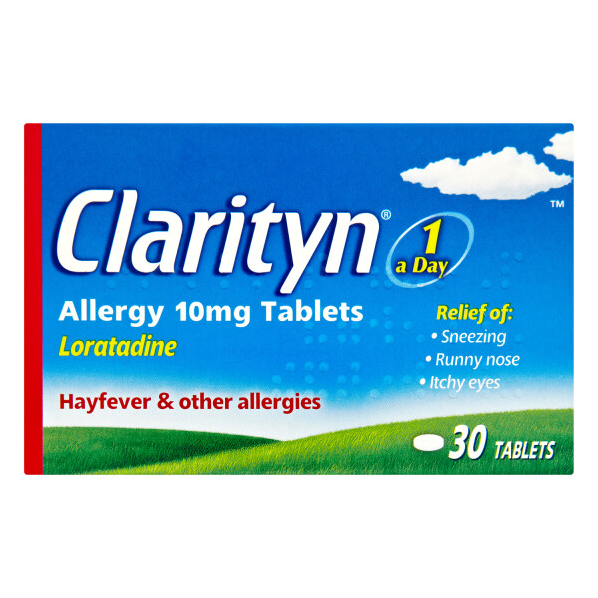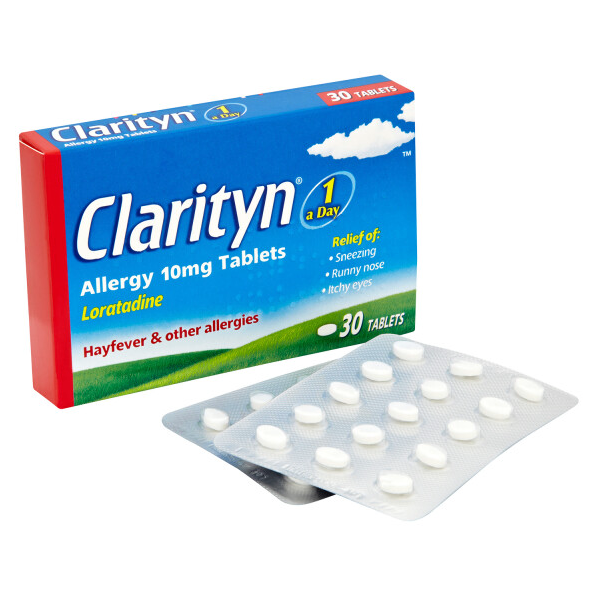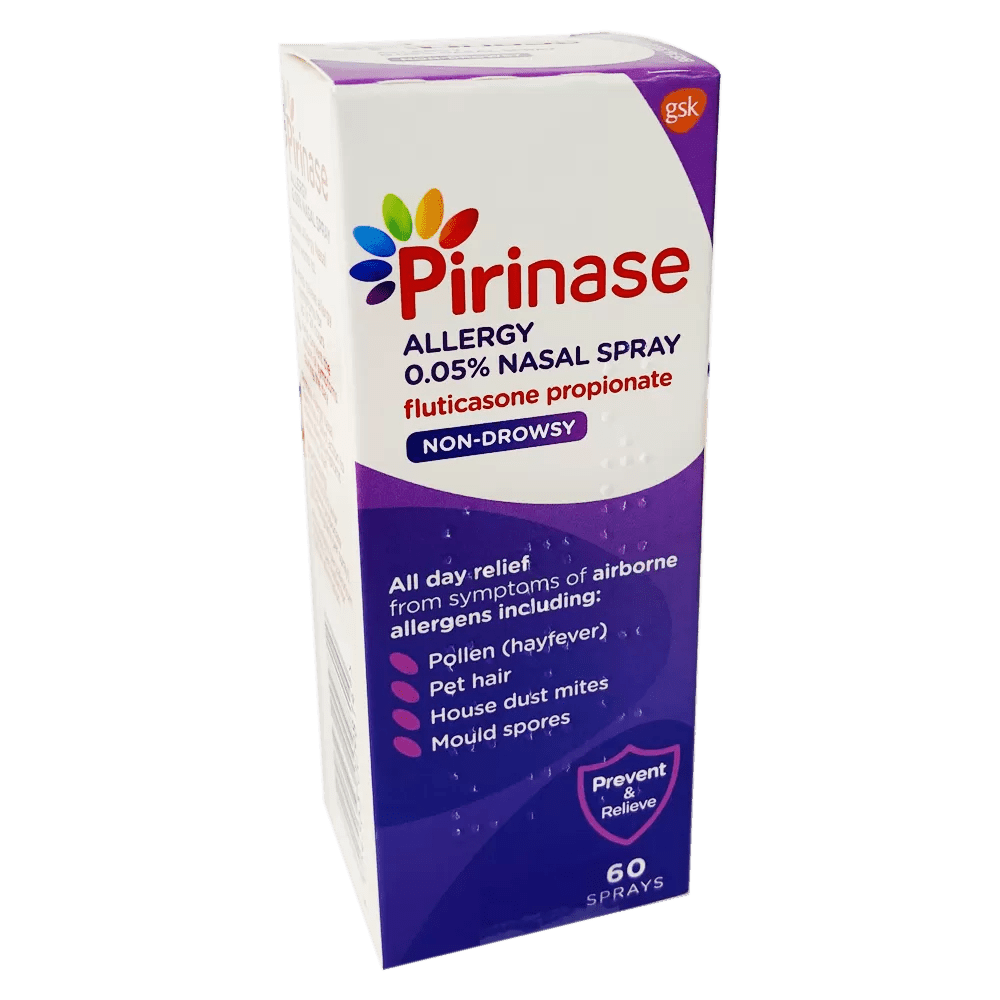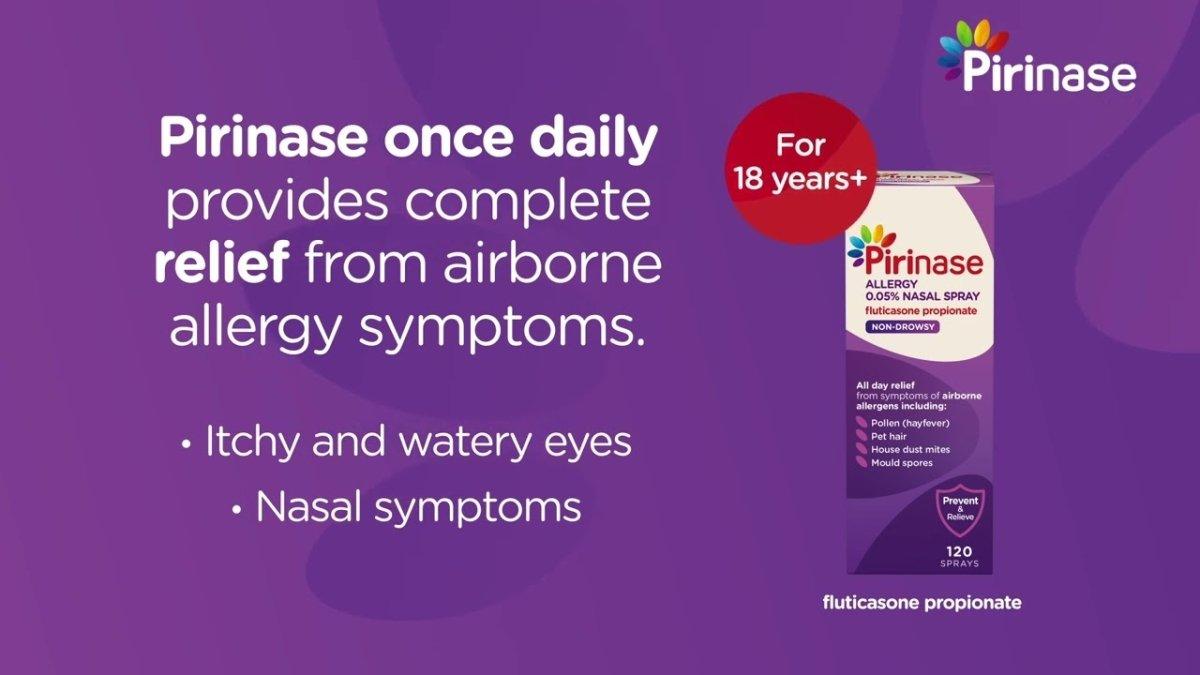While there is no cure for hay fever, several treatment options are available to manage its symptoms effectively:
- Antihistamines: Over-the-counter or prescription antihistamines can help alleviate sneezing, itching, and a runny nose by blocking the effects of histamines released during an allergic reaction.
- Decongestants: Nasal decongestant sprays or oral decongestants can provide temporary relief from nasal congestion by constricting blood vessels in the nasal passages.
- Nasal Corticosteroids: These prescription medications reduce inflammation in the nasal passages, providing long-term relief from symptoms like congestion, sneezing, and runny nose.
- Leukotriene Receptor Antagonists: Prescription medications that block the effects of leukotrienes, chemicals released during an allergic reaction, can help manage symptoms.
- Immunotherapy (Allergy Shots): For severe cases, allergen immunotherapy may be recommended. This involves gradually exposing the patient to increasing amounts of the allergen to build tolerance and reduce the severity of allergic reactions over time.
- Allergen Avoidance: Minimizing exposure to allergens can help prevent symptoms. This may involve keeping windows closed during pollen seasons, using air purifiers, and regularly cleaning living spaces.

